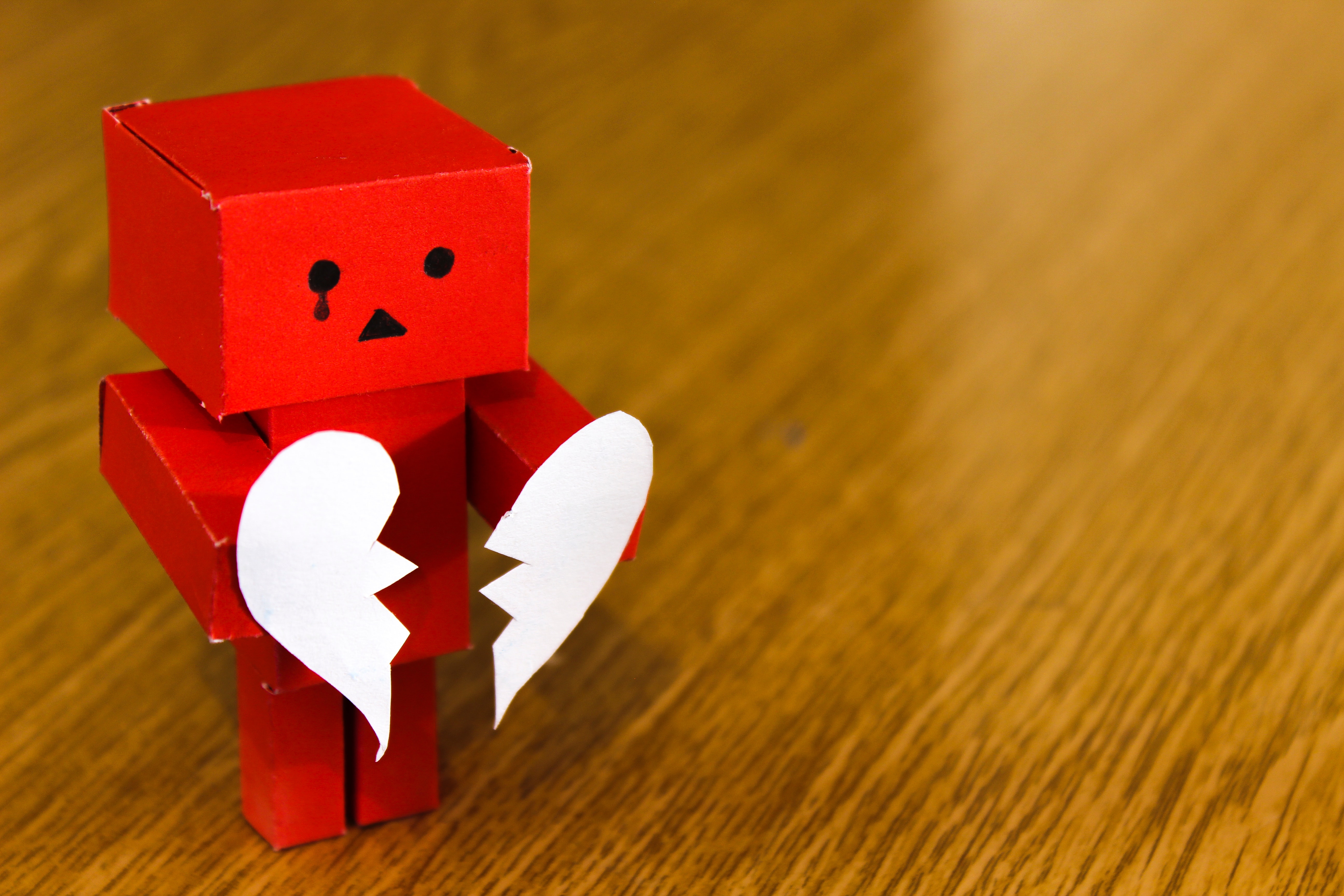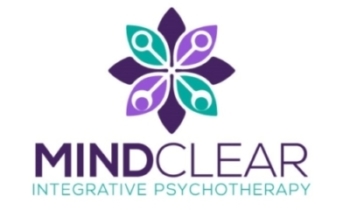
“Sticks and stones may break my bones, but words will never hurt me”
Of all the children’s platitudes, this one may be the worst because it is so very, very wrong. Not only do words hurt, but it turns out the brain actually processes physical and emotional pain very similarly! In fact, taking a Tylenol actually makes people hurt less emotionally when experiencing painful situations like rejection.
Basically, words can act as both stick and stone.
To get a visual of just how words might affect us, check out these 2 videos:
What comes up when you watch these? Shock? Disbelief? An urge to prove something wrong with these “experiments?” If so, you are not alone. A quick search results in over 500,000 videos of the rice experiment. Most all of them end up demonstrating essentially the same results, despite their being motivated by people who also just couldn’t believe it.
Certainly, these “experiments” are not by any means scientific. But, they do force us to consider the possibilities of how bullying, emotional abuse, and chronic negativity may affect our bodies and minds.
The fact is, what we say and what is said to us matters.
Of course, every one of us, parents included, have a bad day, get snippy, say somethings we regret, etc. This is totally understandable and part of being human! When this becomes a pattern, however, or even the norm, well, then, it starts to become a problem. Emotional trauma is not always experienced as overt abuse.
Emotional trauma may include such overt acts as saying:
- “Your worthless”
- “I wish you were dead”
- “You’re such a [insert curse word and insult here]”
These words are abusive and constitute verbal and emotional abuse.
However, emotional trauma also may include less obvious acts, such as:
- Frequent criticism or undermining of successes (i.e., “That’s great you got a 98 on your test, but what went wrong that you didn’t get a 100?”
- Being scapegoated for larger family issues (i.e., “We would be happy if only little Johnny would get his act together”)
- Gaslighting (i.e., “I never said that,” when you know darned well he or she did say just that)
- Chronic invalidation (i.e., “Your not really sad, you just need to think positive”)
Most people who have experienced emotional trauma as children grow up to have a feeling that they are exaggerating, making it up, or blaming others for one’s perceived defectiveness. They are constantly judging and doubting oneself and others. Granted, some people do, indeed, exaggerate, make things up, and blame others for their problems. Such people usually aren’t broadcasting their actions to the world, however. Nor are their actions mutually exclusive from anything that may or may not have happened to them in the past.
Another reaction to emotional trauma is to compare oneself to others who have had it much worse. It’s hard to point a finger at emotional pain and say unequivocally that something has happened to you. Just because you may not have experienced the worst that life has to offer, does not mean that your unique experiences haven’t impacted you.
Emotional trauma, even the less obvious forms of it, have been shown to result in poor relationships, lack of trust, debilitating insecurities, addiction problems, self-harm, suicidality, dissociation, PTSD, bipolar disorder diagnoses, and psychosis. It is difficult to have long-lasting, fulfilling relationships without trust, while judging and doubting oneself, and when expecting criticism or rejection from others. And, without relationship and connection, without intimacy and love, we are left feeling constantly empty and alone.
Our emotional experiences have an enormous impact on our overall physical and mental health.
What is needed to overcome the effects of emotional trauma and/or abuse is not more invalidation, criticism, blame, and verbal violence. Rather, one needs to heal. Love, compassion, grieving, acceptance, expression of all emotions (including anger!), and validation are the keys to blooming into a content and fulfilled person.
Re-watch the videos and consider how words of kindness and love, both external and internal, may lead to improved health and vitality.
Therapy can help with this process, though certainly is not the only means by which one might develop increased compassion and self-love. Through the therapeutic relationship, one may learn to challenge their internalized critic, to identify and express long-repressed emotions and needs, to accept their flaws and attributes without identifying with only one or the other, to make amends with their inner child, and/or to develop trust and vulnerability. This is not an easy process by any means. But, it may be one that is worth risking.









